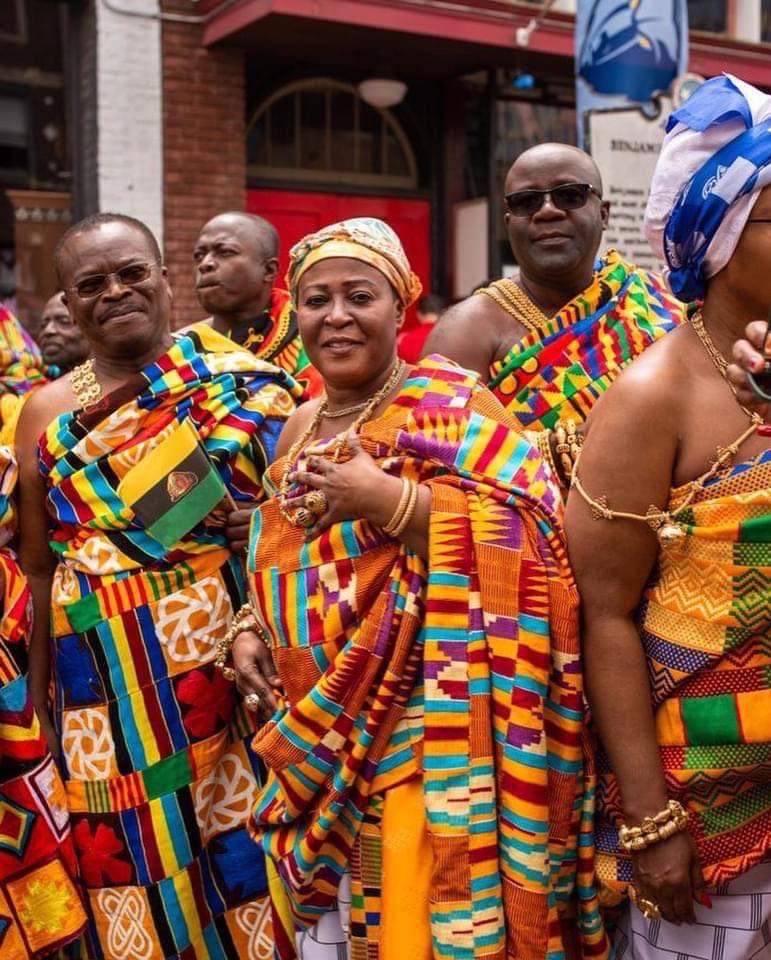
THE MEANING OF CULTURE DEFINED BY DIFFIRENT SCHOOLARS.
Culture can be defined as the total ways of life of a peopels.

Culture is an important concept that has been studied and discussed by scholars for centuries. It is a term that is used to describe the beliefs, values, customs, practices, and social behavior of a particular group or society. In this blog post, we will explore the full meaning of culture and its significance in our lives.
At its core, culture is a set of shared values, beliefs, and practices that are passed down from one generation to another. It is a way of life that is unique to a particular group or society and is shaped by a variety of factors, including geography, history, religion, politics, and economics.
One of the key aspects of culture is its ability to shape the way people view the world and interact with each other. It can influence everything from the way people dress and eat to the way they communicate and express themselves. Culture is also closely linked to identity, as it provides individuals with a sense of belonging and a shared history that helps to define who they are.
Another important aspect of culture is its role in shaping social norms and values. Different cultures have different ideas about what is considered acceptable behavior, and these norms and values can have a significant impact on how people behave in a given society. For example, in some cultures, it may be considered rude to speak loudly in public, while in others, it may be perfectly acceptable.

In addition to its social and psychological significance, culture also has economic implications. It can impact everything from consumer behavior to business practices and can play a key role in determining the success or failure of companies operating in different markets. For example, a company that fails to understand and adapt to the cultural norms of a particular market may struggle to gain a foothold in that market and may ultimately fail.
Culture is also an important aspect of international relations and diplomacy. Differences in culture can often lead to misunderstandings and miscommunications between different countries and can even result in conflicts. Understanding and appreciating different cultures can help to promote cooperation and collaboration between nations and can help to build stronger, more resilient global communities.
Despite its many benefits, culture can also be a source of tension and conflict. Different cultures may have competing values and beliefs that can lead to clashes and disagreements. In some cases, these conflicts can even escalate into violence and warfare. It is therefore important for individuals and societies to learn how to navigate these differences and to find ways to peacefully coexist and collaborate.
In conclusion, culture is a complex and multifaceted concept that plays a crucial role in shaping our lives and our world. It is a way of life that is unique to each group or society and is shaped by a variety of factors, including geography, history, religion, politics, and economics. Understanding and appreciating different cultures can help to promote cooperation and collaboration between nations and can help to build stronger, more resilient global communities. However, it is important to recognize that culture can also be a source of tension and conflict, and individuals and societies must learn to navigate these differences in a peaceful and constructive way.
arewanahiya.com








Very informative. Let’s follow each other’s blog